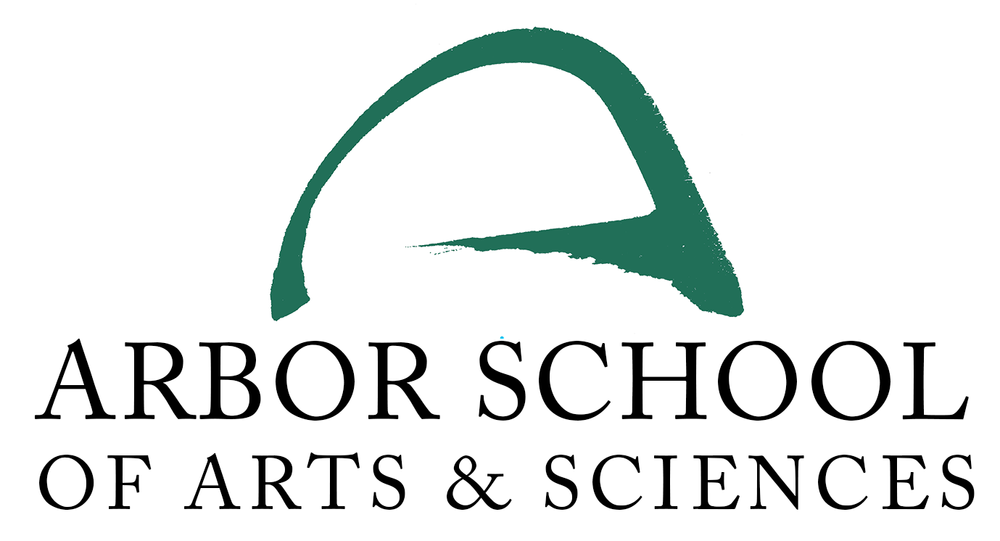Diversity, Equity, and Inclusion at Arbor School
Direct Action
Steps Toward Anti-racism
At Arbor we acknowledge structural racism and our responsibility to integrate a response into our work with K-8 children in a developmentally appropriate way.
As a faculty, we’re engaged in on-going professional development centered around thinking deeply with each other, learning and re-learning history, and striving for perpetual progress as educators.
In our classrooms, we are examining the ways in which the ideas of Allyship, Sources, Mirrors and Windows, and Intent vs. Impact shape our K-8 curriculum:
Allyship: Forming bonds and bridges to overcome challenges that we may not think personally affect us, but exist in our communities
Sources: Encouraging a curiosity around diverse perspectives
Intent vs. Impact: Living a cycle of reflection sparked by the bravery to try and the humility to readjust
Mirrors, Windows, and Sliding Glass Doors: Believing representation matters, our classrooms serve as a place where students can see themselves reflected and think deeply about how other people experience the world
Arbor parents are key partners in this work. Through their generous support we have expanded our classroom and library offerings, stocking bookshelves with those mirrors and windows. We have grown our ACT Fellowship fund, making a difference at Arbor and beyond (read more below).
And, we invite parents into the conversation. Our parent/teacher association has offered guided discussions toward building comfort and skill in talking about race and supported book groups that spark important conversations. For Primary parents, we offer a book group that reads through children’s literature to support conversations at home.
At Arbor and Beyond
The ACT Fellowship
The Arbor Center for Teaching (ACT) is actively engaged in recruiting, training, and supporting educators from backgrounds currently under-represented in the teacher corps. At Arbor Center for Teaching, we believe it is the role of schools to build cultural trust within our communities such that all K-12 students will feel a sense of belonging, leading to healthful social/emotional growth and academic empowerment. At the heart of this work lies the professional practice of educators, who are uniquely positioned to teach with a culturally responsive stance. Also crucial to such belonging-focused communities is a membership that includes a diversity of thought and experience and works to eradicate any form of prejudice.
Research shows that students from marginalized backgrounds face outsized impediments to a sense of belonging in schools. Meanwhile, demographic studies establish that Oregon’s K-12 student body is increasingly diverse. Fortunately, studies also show that increasing the number of teachers with backgrounds that match the diversity of K-12 students’ socioeconomic, linguistic, cultural/ethnic, and first-generation statuses has myriad benefits. These include increasing student achievement and self-efficacy, and helping to eliminate barriers to belonging in school. For all students, seeing people from diverse cultural backgrounds in positions of intellectual authority helps to undermine stereotype threat, reduce implicit bias, and improve cognitive problem-solving. Systemically, increasing teacher diversity can also improve overall teacher retention and mitigate teacher shortages. Through our Fellowships, we not only build Diversity, Equity, and Inclusion at Arbor School, but we contribute to the need to increase diverse representation in the field of education as a whole.
Core Values
Unity in Diversity
One of our core beliefs is that the great human divides can be overcome. At Arbor, greater diversity continues to be a goal and we strive to realize this by living well in common with those who are different from ourselves. We hope to develop an ever greater understanding of what it means to be an inclusive community. Our well-considered curriculum, led by teachers trained toward cultural competency, immerses students in studies of a broad array of peoples, cultures, religions, and philosophies. Among our students, one finds individuals of varying intellectual strengths, skill sets, personalities and temperaments, beliefs, races, gender identities, family structures, cultures, and economic backgrounds. Students are embraced by our faculty as young ones to be nurtured as they become themselves, as individuals to be known and respected, and as members of a caring and learning community. Across the school, we share a belief in possibility and a commitment to an education that seeks to cultivate character, intellect, and creativity.

